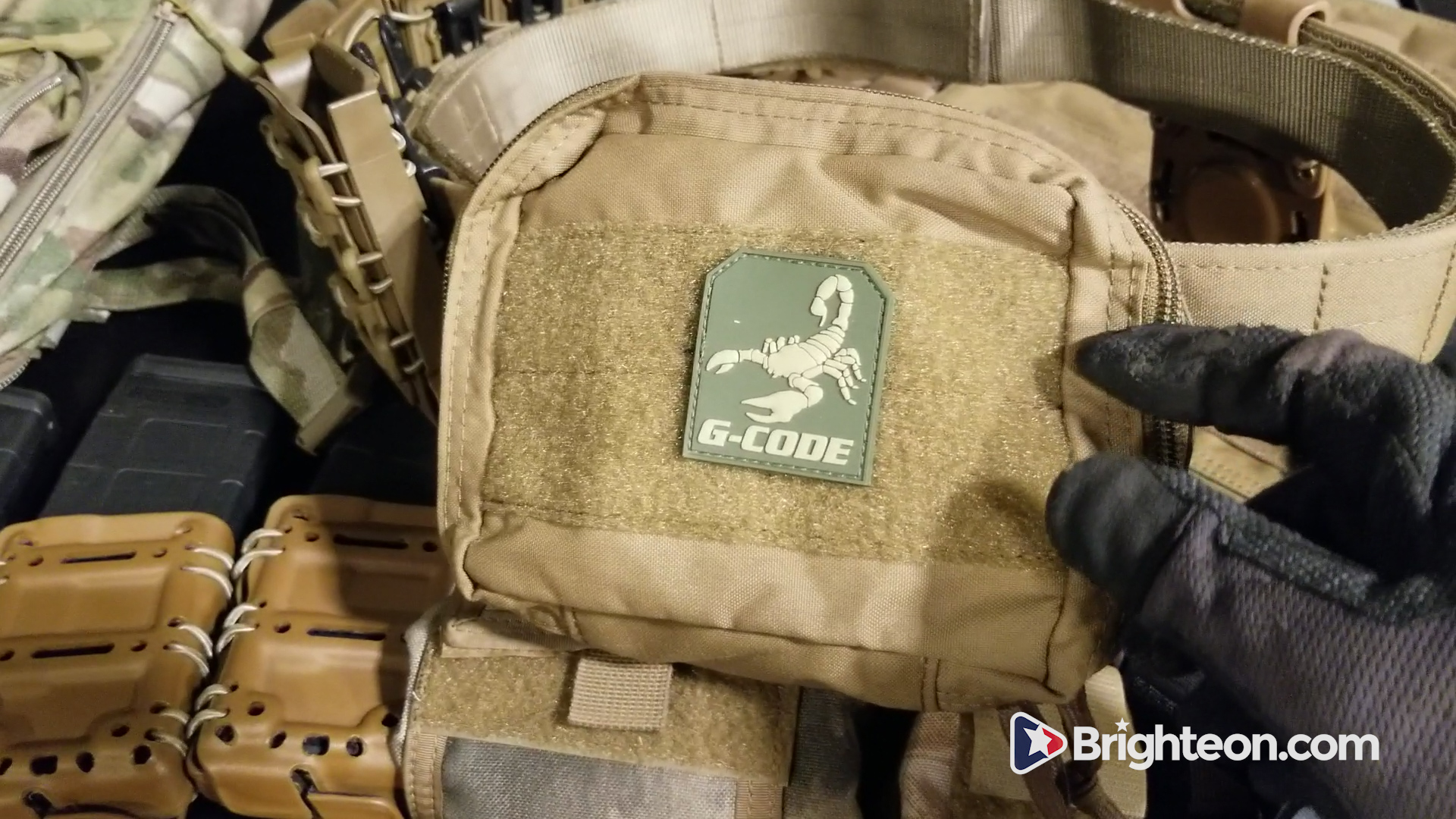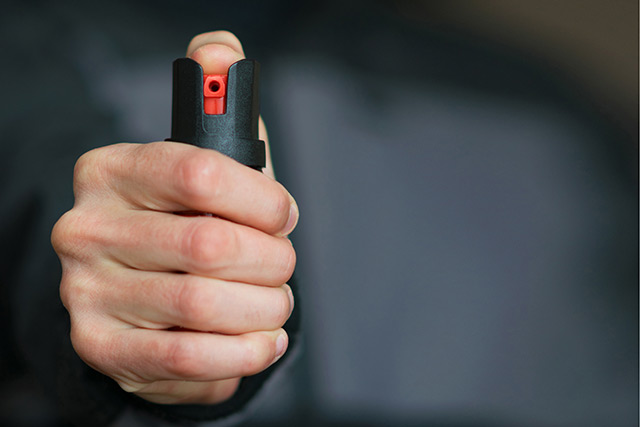Often crucial to survival, the skill of map reading is becoming a lost art
06/09/2019 / By Vicki Batts

Can you read a map? Since the advent of smartphones and GPS, people today are becoming increasingly dependent on technology — even for basic survival skills, like map reading. Bradford Parkinson, the man who invented GPS, says he “worries” about what effect his technology has had on society — and about what will happen if and when our handy gadgets fail us. The esteemed inventor says that people are “too dependent” on smartphones and satellite navigation and he fears that this dependence is a vulnerability.
Smartphones and satellites are everywhere — but they are not unassailable. The “grid” we rely on for these things to work could be easily disrupted by any number of causes, whether it be through a natural disaster or a coordinated attack.
Reading maps becomes a lost skill
Professor Parkinson first began working on the Global Positioning System (or GPS, as we call it) in the 1970s. Today, it supports hundreds of billions of dollars in economic activity and millions of people rely on GPS technology for all kinds of travel.
In early 2019, Parkinson and the rest of his team accepted the Queen Elizabeth Prize for Engineering. The professor said that receiving the Queen Elizabeth Prize was an “extraordinary honour.”
While the capabilities of GPS have no doubt changed the face of modern society, for Parkinson, the award ceremony was somewhat bittersweet.
“Like all good things, GPS is something on which we can become too dependent,” Parkinson said after receiving the award. He went on to tell reporters that, “There are downsides; every advance has that.”
“The fact is that people don’t know how to read maps anymore. I love maps!,” Parkinson adds. The professor contended further that while he may have created GPS, map-reading is an important skill.
Back in 2013, survey data found two-thirds of people under age 25 could not use a traditional map. This abject reliance on technology is a breeding ground for disaster.
Parkinson says that as the skill of map-reading fades, the importance of alternate systems to GPS increases.
Can you survive without GPS?
GPS relies on a network of 30 satellites which orbit around the planet and relay positional information. There is then a “grid” of cell towers, base stations and other accouterments needed to transmit signals between satellites and devices, such as cellphones.
There are many health concerns related to the grid and the ultra-high microwave frequencies blanketing the Earth. But there are also concerns about what would happen if any part of this massive network were to be struck down. Whether through a natural catastrophe or through a coordinated attack, the system we have now is vulnerable. Even right now, individuals can buy “jammers” which will block GPS signals for a radius of up to 500 meters. These jammers, which go inside people’s cars, can be potent enough to disrupt GPS signal for other users. That alone can be enough to cause distress on the roads — never mind the kind of chaos that would ensue if the whole satellite network went down.
Map reading is an essential survival skill that everyone should know. Knowing how to use a compass is also very important. In addition to the fact that these “artifacts” can be used even when the grid goes down, they also don’t require batteries. This means that if you’re in a survival situation, you’ll have one less thing to worry about. Whether you’ve gotten lost while camping or are trying to escape a city run amok, at least you’ll know where you’re going. Maps and compasses don’t just run out of battery life.
Learn more about essential survival skills and more at Preparedness.news.
Sources for this article include:
Tagged Under: compass, dangerous tech, dependence, map reading, maps, millennials, preparedness, prepping, survival, survival skill, tech
RECENT NEWS & ARTICLES
COPYRIGHT © 2017 GEAR.NEWS
All content posted on this site is protected under Free Speech. Gear.news is not responsible for content written by contributing authors. The information on this site is provided for educational and entertainment purposes only. It is not intended as a substitute for professional advice of any kind. Gear.news assumes no responsibility for the use or misuse of this material. All trademarks, registered trademarks and service marks mentioned on this site are the property of their respective owners.



















